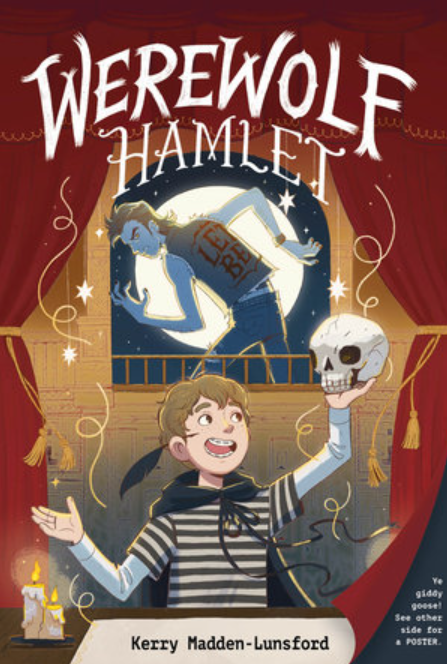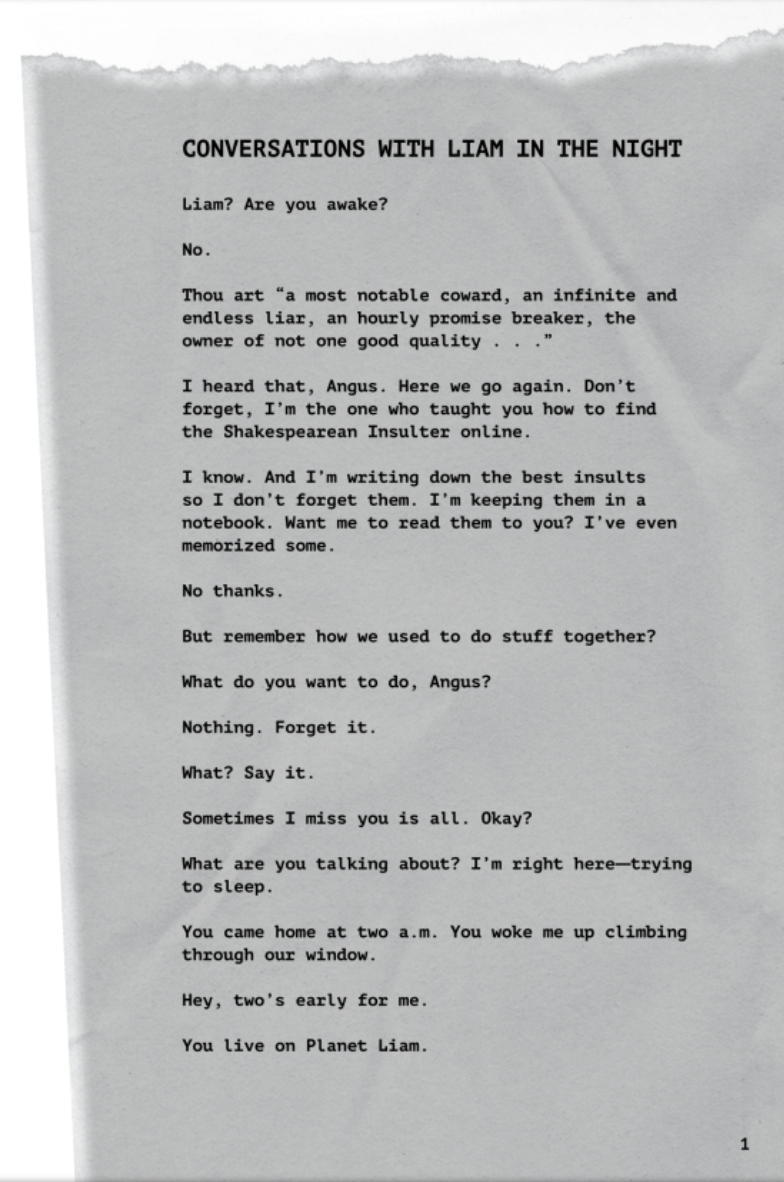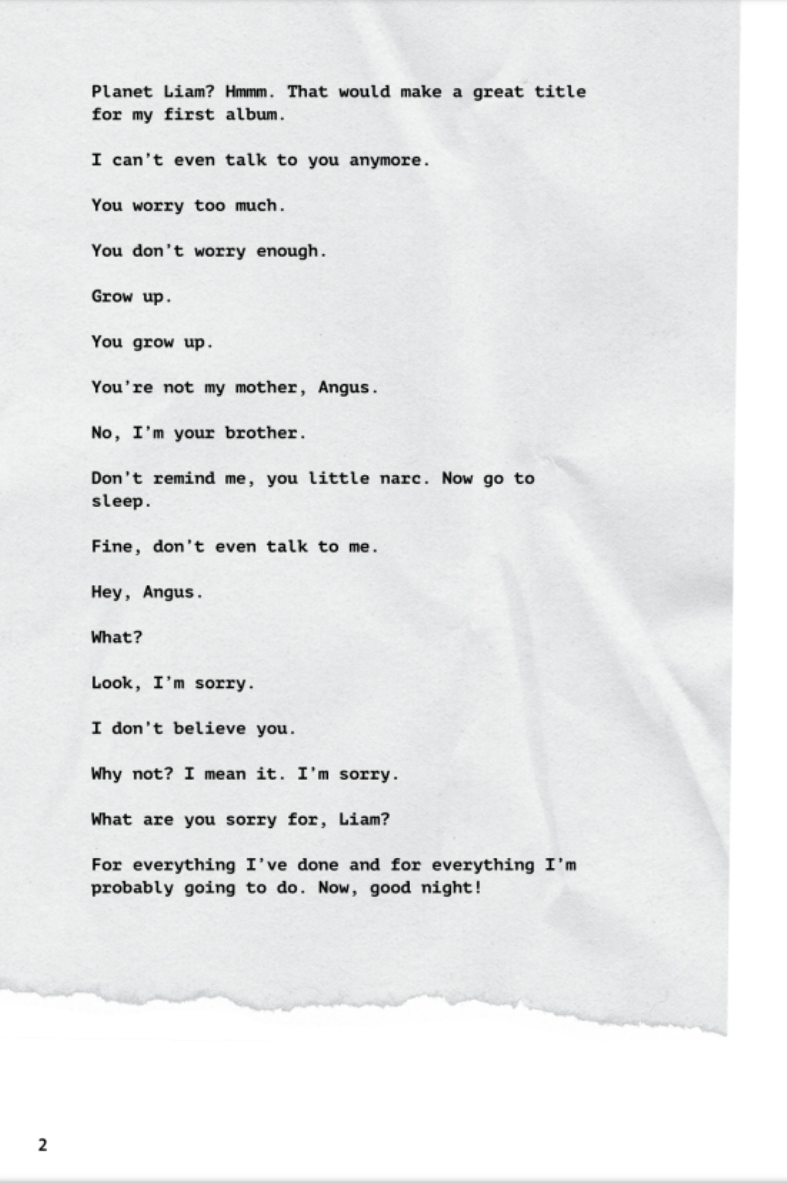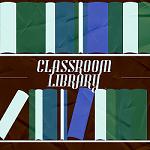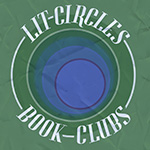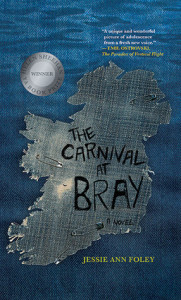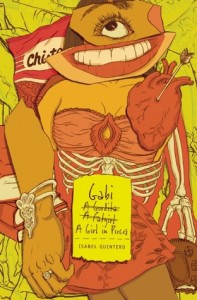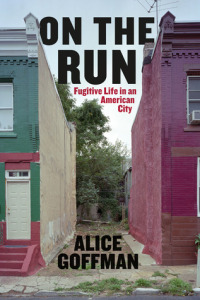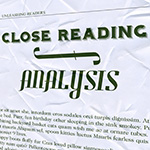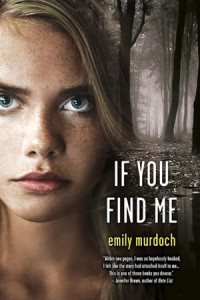Werewolf Hamlet
Author: Kerry Madden-Lunsford
Published February 18th, 2025 by Charlesbridge Moves
Summary: Humor, heart, and Shakespeare abound in this middle-grade novel about Angus, a 10-year-old theater fanatic, his struggling family, and his changing relationship with big brother Liam.
Perfect for fans of books that handle difficult subjects and family dynamics in a sensitive way, like Better Nate Than Ever and Rule of Threes.
10-year-old Angus is unique. He quotes Shakespeare and wants to stage a Werewolf Hamlet play for his 5th grade legacy project. Angus’s 17-year-old brother, Liam, is like a werewolf now—Angus never knows if he’ll be nice or mean or when he’ll sneak out to get drunk or worse.
Meanwhile, tension continues to build for Liam’s family in Los Angeles. Mom and Dad are going to default on the mortgage. Older sister Hannah is fed up and ready to move herself to Maine, and little sister Sidney doesn’t really get what’s happening. Then Liam goes missing, and Angus decides he has to find him.
A realistic, heartfelt look at the complexities of family relationships and struggles. Along with Angus’s loveable charm, sense of humor, and desire to stage his original play, Werewolf Hamlet is sure to win its audience—on and off the page—over.
★“A story that is rich in wise insights.”—Booklist (starred)
About the Author: Kerry Madden-Lunsford has been a regular contributor to the LA Times OpEd page. For several years, she directed the creative writing program at the University of Alabama at Birmingham, where she is still a professor, and she taught in Antioch University’s MFA program in Los Angeles for a decade. She is the author of the picture book Ernestine’s Milky Way. She also wrote the Maggie Valley Trilogy, which includes Gentle’s Holler, Louisiana’s Song, and Jessie’s Mountain. Her book, Up Close Harper Lee, was one Booklist’s Ten Top Biographies for Youth. Her first novel, Offsides, was a New York Public Library Pick for the Teen Age. Kerry is the mother of three adult children, and she now lives full-time in Birmingham, Alabama. Visit her at kerrymadden.com.
Check out Kerry Madden-Lunsford on social!
Bluesky
Threads
Substack
Review: As an educator, I have over the years sadly heard about so many different tough situations that my students were dealing with: being unhoused, divorce, death in the family, mental health struggles, etc. Too often, middle grade books stay away from tough topics because they are “too mature,” but anyone who has worked with middle graders has wished at different times that there was the perfect book to give to students at a certain moment of time but couldn’t find it–this book is going to be the perfect book at one of those times.
What an interesting mix within this book: Shakespeare, classic movies & movie stars, Los Angeles, growing up, foreclosure, runaway, pet wellness, friendship, and more. It seems like a lot, but it just works in this book because all of it is what makes Angus and his story come to life. Parts were hard to read, such as descriptions of Angus’s brother spiraling into addiction; Angus and his friends making more choices to find his brother; Angus’s families financial struggles and eviction; Angus’s dogs illness; and Angus’s struggles at school, but the author does a great job with including enough for emotional response and plot/character development and keeping the story developmentally relevant.
Educators’ Tools for Navigation: The publisher has created an amazing supplemental page for Werewolf Hamlet which will be perfect to use if teaching the book as a whole or if students are reading it in groups or independently! Visit https://www.charlesbridge.com/
- Insulting like Shakespeare
- Geography and landmarks around Los Angeles
- Classic films
- Heroes of the silver screen
- Hamlet
I also think that the book could be a great introduction to one-man plays, and students could take a story and transform it like Angus did with Hamlet.
Discussion Questions:
There is a Reader’s Group Guide found on the publisher’s resource page, too!
Flagged Passages/Spreads:
The Tar Feeling
Anybody can forget to wear shoes to school. Well, almost anybody. It’s an innocent mistake. And I didn’t forget my trumpet. Why doesn’t that count?
“Mom,” I say as she needles her way through crazy Los Angeles traffic to make it to the bus stop on time with all four of us kids in the car.
“People, I’m trying to sleep,” says my brother, Liam, who is seventeen and always sleeps on the way to school. That’s because he sneaks out at night. I’m not supposed to tell, and I’m going to make him quit doing it.
“We’re going to be late,” Hannah warns. She’s sixteen and thinks life would be perfect if only she’d been born in a hippie commune in the 1960s in Maine, the farthest state from California. She also loves sunflowers and paints them on her ceiling and makes us tiedye shirts. Mom and Dad call her a sunflower girl. She also loves an old-time singer, Joni Mitchell, and she plays her music loud to drown us out sometimes.
Sidney and I are who get dropped off at the bus stop first because we go to a magnet school far away. Sometimes we miss it, making Mom and Liam and Hannah late, and that means Mom grits her teeth and races to the next bus stop in hopes of still catching our bus. Those are not good mornings. After she drops us off, Mom drives to the high school where Liam and Hannah go, where she is the assistant girls’ volleyball coach and PE teacher. Their mascot is a tiger, so they are the Lady Tigers. Roar!
“Mom!” I yell again.
“What, Angus?” She blasts through a yellow light, eyes on the prize of the bus.
“I forgot my shoes at home.”
“We’re not turning around!” yells Hannah. “I have a test first period.”
Liam says, “Show some respect. I need to sleep. Geez.”
“Did you hear me, Mom?” I ask her.
Stony silence. From the look on her face in the rearview mirror, flaring nostrils like a bull and her fingers gripping the steering wheel, she hears me all right. But instead of turning around, she pulls up to the bus stop and says in a low voice, “Out. Now. Have a good day.”
“But Mom! I’m wearing only socks!” I stick a foot in the air.
Mom growls. Maybe more wolf than Lady Tiger, but for sure a growl.
My little sister, Sidney, tugs my arm. “Better forget it, Angus.”
“Fine! I’ll go shoeless! Who cares?” I climb out of the van, and then it happens. Mom yanks off her tennis shoes and hurls them out the window at my head while I’m standing in my socks on the curb with Sidney.
BAM! BAM!
Good thing I duck. Isn’t it against the law to throw shoes at your own children?
Read This If You Love: Sunny Side Up by Jennifer L. & Matthew Holm, The Seventh Wish by Kate Messner
Recommended For:
**Thank you to Blue Slip Media for providing a copy for review!**
